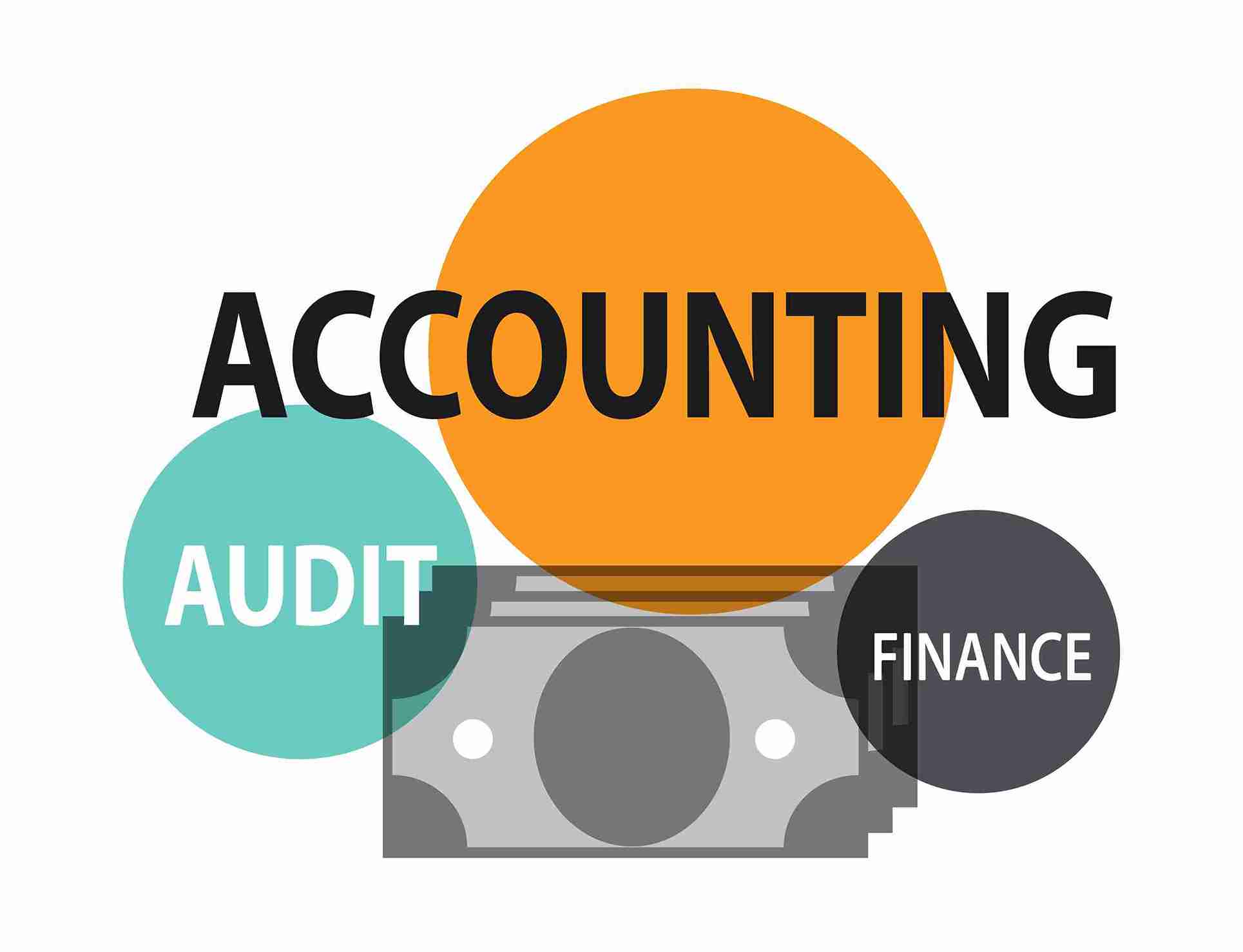Effective communication lies at the heart of successful management. Whether leading a team, handling clients or setting goals, managerial communication plays a critical role in driving performance, shaping culture and achieving objectives. This blog explores the concept of communication in management, its benefits, how to develop it and essential managerial skills.
What Is Communication In Management?
Communication in management refers to the exchange of information, ideas, instructions and feedback between managers, employees and other stakeholders in an organization. It ensures that objectives are clear, tasks are delegated properly and collaboration is smooth.
Managerial communication includes both verbal and non-verbal communication, written communication, meetings and informal interactions that impact how a team functions and how decisions are made. A manager with strong communication skills ensures that everyone understands their roles, responsibilities and the direction of the organization.
Importance Of Managerial Communication
When understanding the importance of communication in management, it’s helpful to consider the foundational aspects outlined in the concept of what is management, as communication strategies are deeply rooted in a manager’s core responsibilities and leadership structure. Here are mentioned importance of managerial communication:
- Builds Trust And Transparency: Clear and honest communication builds trust within teams and creates an open environment where feedback is welcomed
- Improves Team Collaboration: When managers communicate goals and expectations clearly, team members work together more effectively
- Facilitates Decision-Making: Accurate communication ensures that decisions are based on real-time data and shared understanding
- Reduces Conflicts: Effective managerial communication minimizes misunderstandings and resolves issues before they escalate
- Give Motivation: Employees feel valued and involved when communication channels are open and inclusive
Jobs On Job Hai Platform
Benefits Of Good Communication In Management
1. Enhanced Productivity: When communication is clear, employees know what is expected and can perform tasks efficiently. This leads to faster project completion and reduces the need for repeated instructions.
2. Stronger Relationships: Open communication fosters trust and collaboration among team members and departments, improving overall workplace dynamics.
3. Clearer Goal Setting: Good communication ensures that everyone is aligned with the company’s vision and can work towards common objectives without confusion.
4. Faster Problem Solving: Issues are identified and addressed early when communication flows freely, avoiding unnecessary delays or disruptions.
5. Employee Retention: When employees feel heard, understood, and appreciated, they are more likely to stay with the organization for the long term.
Types Of Managerial Communication
1. Downward Communication: This type of communication flows from higher management to lower-level employees. It includes instructions, guidelines and policies.
For example– A manager assigning project roles to team members.
2. Upward Communication: This refers to feedback and suggestions from employees to their managers. It helps leadership understand concerns and improve policies.
For example– Staff sharing ideas during review meetings.
3. Horizontal Communication: This occurs between colleagues or departments at the same level. It promotes teamwork and project coordination.
For example– Collaboration between the HR and Finance teams on a payroll update.
4. Diagonal Communication: This involves communication between different levels and departments that don’t directly report to one another.
For example– A marketing manager speaking with an IT technician to resolve a campaign issue.
5. External Communication: This includes communication with customers, suppliers and partners. It ensures smooth business operations and maintenance company reputation.
For example– It would be drafting proposals or responding to client emails.
How To Develop Effective Managerial Communication?
1. Active Listening: Managers should listen attentively without interrupting. This helps build rapport and ensures that employee concerns are fully understood before making decisions.
2. Clarity In Messaging: Always communicate using clear, straightforward language. Avoid technical terms that may confuse the listener and break down complex ideas into simple explanations.
3. Empathy And Emotional Intelligence: Understanding the emotional needs of team members helps in delivering sensitive messages and resolving interpersonal issues effectively.
4. Consistent Feedback: Regularly providing feedback, both positive and constructive, helps employees grow and feel appreciated for their efforts.
5. Right Medium: Select the communication channel based on urgency and formality. Use meetings for detailed discussions, emails for updates and instant messaging for quick clarifications.
6. Encourage Open Dialogue: Foster a culture where team members are encouraged to share thoughts, ask questions and provide suggestions without fear of judgment.
7. Training And Development: Offer regular communication workshops and leadership training to refine the skills of both managers and employees.
Tips For Improving Communication In A Managerial Role
- Schedule structured one-on-one and team meetings regularly to maintain transparency
- Use templates and standard formats for emails and reports to improve clarity
- Promote idea-sharing sessions and collaborative decision-making practices
- Give employees autonomy to avoid micromanagement, which reduces morale
- Frame critical feedback using solution-based language to maintain positivity
- Record and document important communications like objectives and deadlines for future reference
Conclusion
Strong managerial communication is not a soft skill – it is a vital leadership competency. From driving performance to building trust, good communication influences every layer of a company. Managers who communicate effectively can lead stronger teams, retain talent and deliver results with confidence. By understanding the fundamentals and continually improving communication skills, today’s professionals can thrive in any industry or organizational structure.
Related Read: How To Start A Presentation? Tips And Examples
FAQs
Q1. What is managerial communication?
A- Managerial communication refers to the structured process through which managers share information, guide teams and make strategic decisions within an organization.
Q2. Why is communication important in management?
A- It aligns teams with organizational goals, enhances productivity, reduces conflicts and builds trust and transparency.
Q3. What are the types of managerial communication?
A- They include downward, upward, horizontal, diagonal and external communication methods.
Q4. How can managers improve their communication skills?
A- By developing active listening, giving feedback regularly, using the right tools and encouraging a transparent work environment.
Q5. What are key communication skills for a manager?
A- Essential skills include clarity, empathy, confidence, non-verbal awareness, adaptability and effective time usage.






 Facebook
Facebook Instagram
Instagram Twitter
Twitter